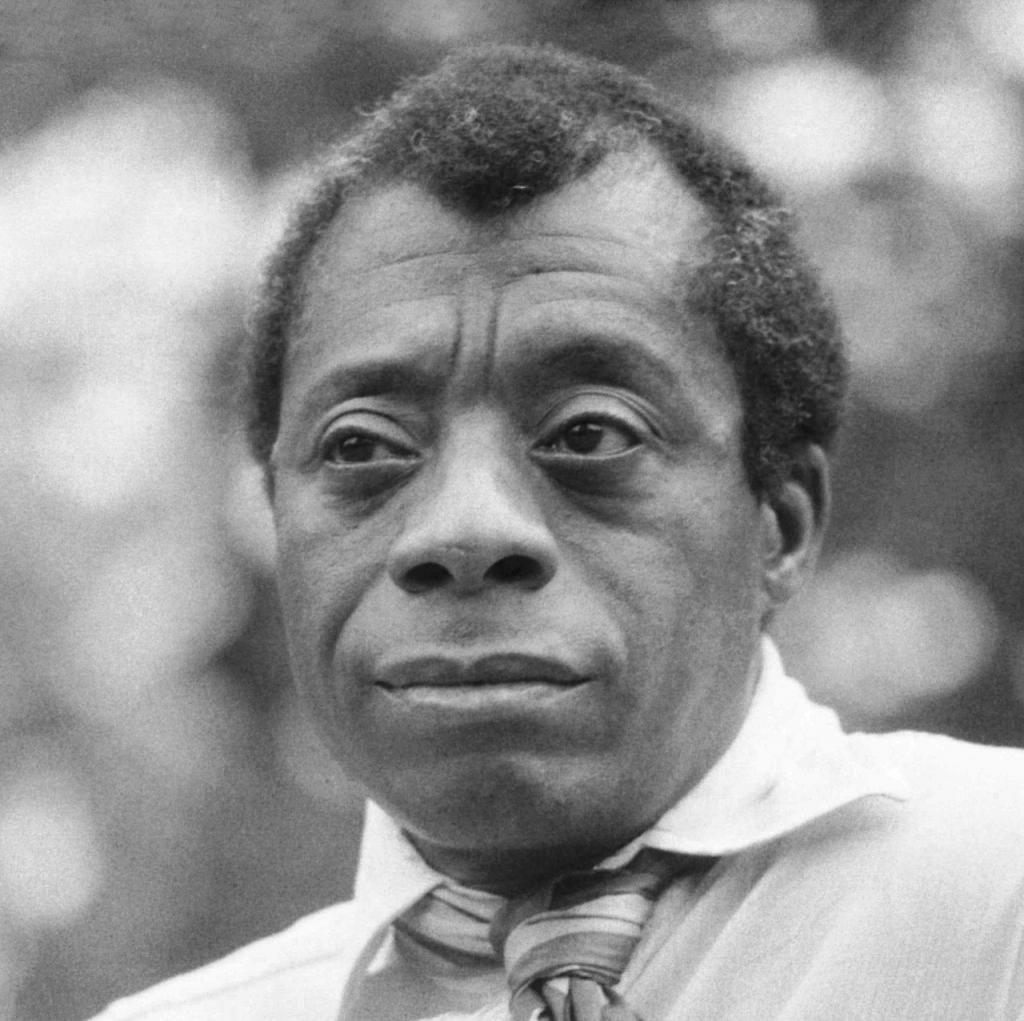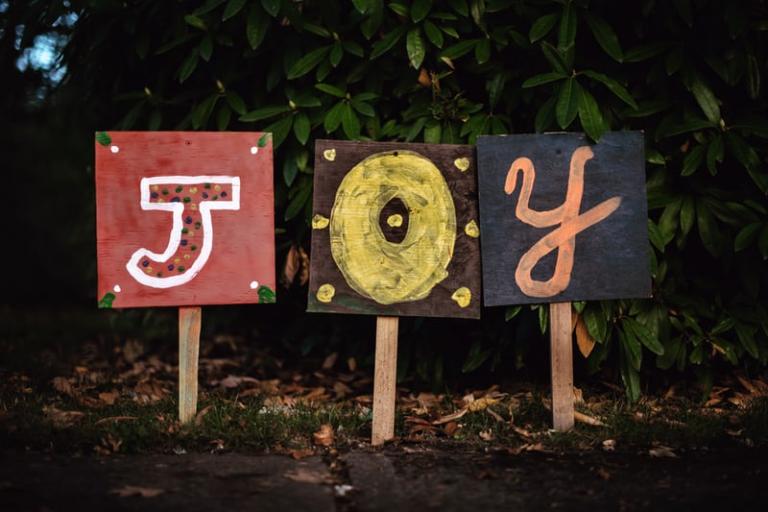I always have an uneasy feeling on Palm Sunday. I enjoy waving palms in church like my six and four year-olds, but I’m always struck by the incongruity between the crowd’s Hosanna shouts and upcoming Friday’s bloody execution and abandonment. If I’m honest, Palm Sunday as a liturgical day feels false.

It feels false to me likely because I identify with the crowds. I know how fickle I am. Jesus knows just what he is doing, and never pretends to be anyone other than who he is. The crowds and the disciples, however, vacillate dramatically. These same crowds spreading cloaks and branches on the ground, singing Psalms with all their might, are the same crowds who will shout, several days later, “Crucify him!”
We are no different. Their shouts are my shouts. Their complicity in an Empire’s collusion to kill an innocent man is, too, my complicity.
I want to love God. I do love God, and on some days, I sing praise from my heart, and I shout Hosanna. Other days I’m less hopeful, and it feels overwhelming to choose the way of love, the way of justice.
I, too, become swept up in the moment’s loudest crisis. I too am swayed by what horror or false hope is stringing people along today. In these moments, I am not living from my true Christ identity, my true self. I am not grounded – I am scrolling my data-vulnerable Facebook feed, defending my opinions, and seeking to be right. But this defended self, the self we protect, with which we perform, and with which we seek safety and belonging is not ultimate or very important. You could even say it is false.
There are Christian contemplative teachers, such as the Trappist monk Thomas Merton, or Franciscan writer/teacher Fr. Richard Rohr, who have used the language of true and false self to talk about our identity in God. I’ve found it enormously helpful. Salvation or enlightenment, they say, tells us a truth about identity. It’s not a morality game of doing good things and refraining from doing other things; it’s not a worthiness contest about who can please God; it’s about knowing who we are. The true self, they say, is our united or whole self, the self that dwells in God and rests in Christ; the false self, they say, is everything else.
The false self is our ego identity, whether positive or negative. Whether it is power, security, admiration, or simply the incessant drive to persuade ourselves that we are good enough, the false self builds its identity around what does not last, and what is, in fact, an illusion.
(Side caveat #1: there is an important conversation to be had about the healing potential and necessity of constructing a false self, particularly for those with trauma, experiencing marginalization, or unhealed suffering. We need a false self – it’s just not the true self, as Fr. Richard Rohr says. Side caveat # 2: the language of true and false needs to be updated so as to not to reflect a subtle negative judgment about the false self).
I confess a little bit of bashful pride when I was nominated last year for an award called the “40 Under 40” Berkshire Younger Leaders award. It’s fun to be recognized, and I’m proud of the work I’m doing with my church in Williamstown, MA. But the false self always lies in wait, especially around awards and achievements and positions.
This is just a silly example, but if I were to take that award seriously, and start to believe that I’m somebody important, I would perhaps identify with being celebrated. And if I identify with that fantasy, then my identity becomes warped to become something other than who I am in God, something other than love. When this happens I have misplaced or forgotten who I am. There’s nothing wrong with victories, trophies and hosannas, but they don’t really mean anything at the essential level of life, and they won’t matter in the slightest when we die.
The false self is often our job or career; or, it may be our winning personality; or it may be the way we posture ourselves in life to secure what we think we want; or it may be our opinions, which we defend more vigorously than is warranted; or it may be our taste in food and clothing; or it may be our political party affiliations. This latter one is particularly dangerous right now. You know we are stuck when liberals can write off conservatives as misogynist racists and when conservatives can write off liberals as smug, arrogant elites. That is the identity trap of the false self.
One way to contrast the true and false selves on Palm Sunday is to consider the nature of Jerusalem processions. Because Jesus’s procession on Palm Sunday is not the only procession, or even the first procession, to happen in Jerusalem. As John Dominic Crossan and Marcus Borg describe in their book The Last Week, at Jerusalem’s west gate there is likely another procession underway as pilgrims flock to Jerusalem for the Passover festival.
This procession is Pilate’s procession: gold bedecks his horse, drumbeats fill the air, soldiers stream in step as far as the eye can see. They’re carrying spears, some are riding chariots, and the crowd are shouting out praise. This procession, Pilate’s procession, is all false self; it is intoxicating in its pomp and circumstance. It magnifies its might and it beats the war drum that Rome or America is first. This thinking says that anyone who dares think otherwise can get out of the way, or else.
There is another procession that echoes in Mark’s gospel tale of Jesus’s Jerusalem entry. This other procession is not a Roman procession. Rather it’s a procession rooted in Jewish peasant history; it’s the revolutionary procession of Judas Maccabeus and followers after having securing victory over their Seleucid imperial oppressors and taken back the city and region in the 2nd century BCE. When Judas Maccabeus and his revolutionary followers take back Jerusalem and process, they rededicate the Temple. They “cleanse” it from imperial occupiers, all while carrying branches and palms. Branches and palms are not simply cute. They are revolutionary.
This can be confusing, because Mark is doing something interesting. He’s referencing the revolutionary roots of Jerusalem processions, mocking the imperial pomp of Roman processions, all while offering a unique, loving and still subversive third way, a Jesus way. There are a fair amount of allusions to the revolutionaries here; verses that function as a “wink wink, nod nod” for the inside crowd and original hearers who would have picked up on these signals.
Mark stops Jesus, for example, near the Mount of Olives. Well, what was to happen at the Mount of Olives?
There was a cranky, old prophet named Zechariah who had a vision about what would happen on the Mount of Olives: God would launch an offensive against Israel’s enemies. “I will encamp at my temple to guard against marauding forces,” Zechariah says, “The plunder that the Empires took from you, Israel,” Zechariah says, “will be divided and returned, in your midst.” In other words, liberation, freedom, is at hand and reparations, finally, are about ready to be paid, and it’s all going to begin at the Mount of Olives. And by the way, Zechariah says, your king is riding before you on a donkey.
Jesus’s procession is different. It is the antithesis of Pilate’s parade of idolatrous power, and it is also different from the parade of Simon Maccabeus. Mark alludes to these processions, but in alluding to them, overturns them. Jesus rides into Jerusalem vulnerable and undefended, from a peasant village called Nazareth, marching alongside the poor, the formerly blind, the once-demon possessed, and women. Jesus is led by the people who do not have a voice or vote yet, and this is absolutely a march for their lives. Jesus will even do nonviolent direct action in the temple; he will “cleanse it.” But Jesus is not Pilate, and Jesus is also not the violent revolutionary pursuing justice by any means necessary. This is not what Jesus is about. This is not what love is about. This is not what the true self is about.
We can’t blame palm wavers for getting caught up in the moment. We can have sympathy with the crowds, then and now, looking for Jesus to liberate or “save” them with a quick fix. One prayer and you’re done, you’re in and your soul is bound for heaven. We can have sympathy for the many people across the world today tempted towards nationalism, those who think that a “strong man” will somehow save them. The effects are catastrophic, but the desire is human, and the impulse comes from a false sense of identity, from forgetting who you are.
But Palm Sunday still leaves me with an uneasy feeling in my stomach, because when we celebrate on Palm Sunday, most of us are not celebrating the failed king, wounded, nailed on a cross, and betrayed by his friends. Most of us are not considering the political cost it will take for these young people to lead the world away from the climate change brink, or the many immigrants in America who will continue to suffer until political leadership changes. It will get worse before it gets better. Most of us would prefer to celebrate victorious Christ, the triumphant Christ, the winning Christ, which, ironically, is not the true Christ. As if we could go from Palm Sunday to Easter and have Jesus never be never crushed, as if pretending we are strong makes us invulnerable.
The true self lives in union with God and the world. It sees that our deepest reality is not about me, but about oneness, and whatever diminishes that oneness, including our fear of death, is the false self. To quote Buddhist poet and teacher Stephen Levine, our fear of death comes from “the imagined loss of an imagined individuality.”
But we’re not used to thinking about God or Christ in this way. As Fr. Richard Rohr says, Christ is not Jesus’s last name. Christ is also not only the historical Jesus, what we can extract from texts with rational minds. Christ is not only a loving presence that “lives in my heart.” Christ is, as the doctrine of Incarnation teaches us, the spiritual dimension of reality, or the, unfolding unity of the entire world, in which my deepest self participates. These days, of course, such unity is hard to come by; but the world’s many crises do not make it less real or true.
Photo by Valentin Salja on Unsplash











